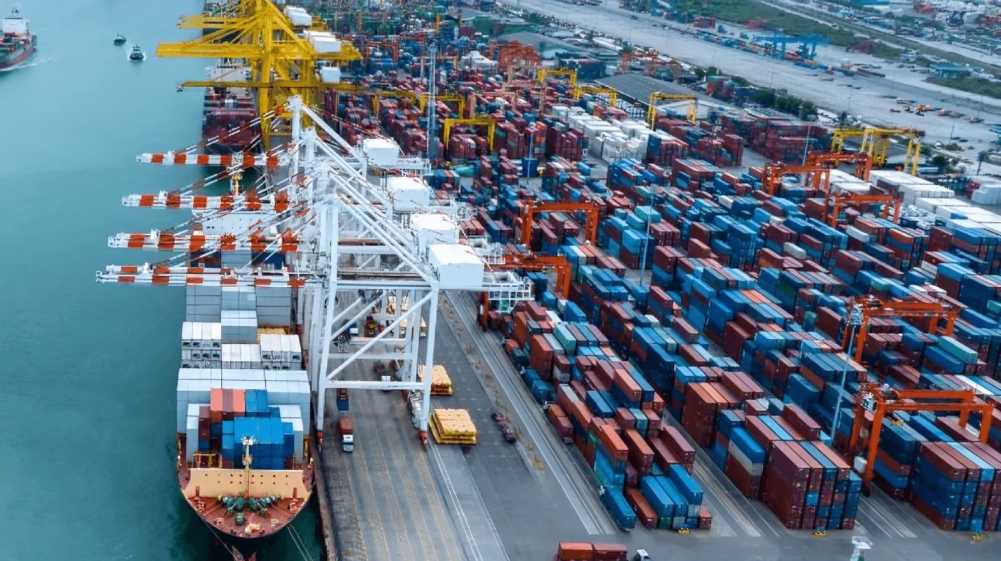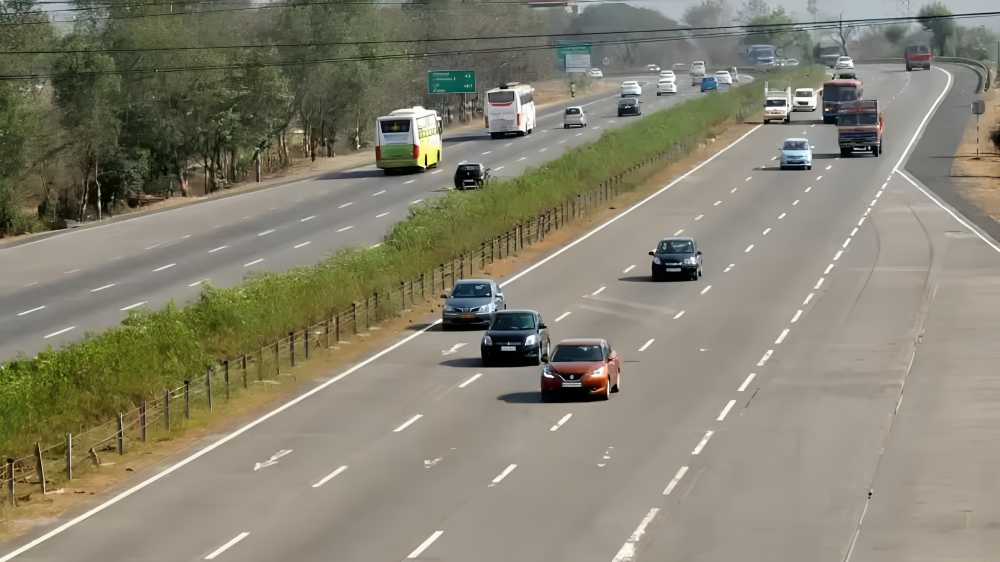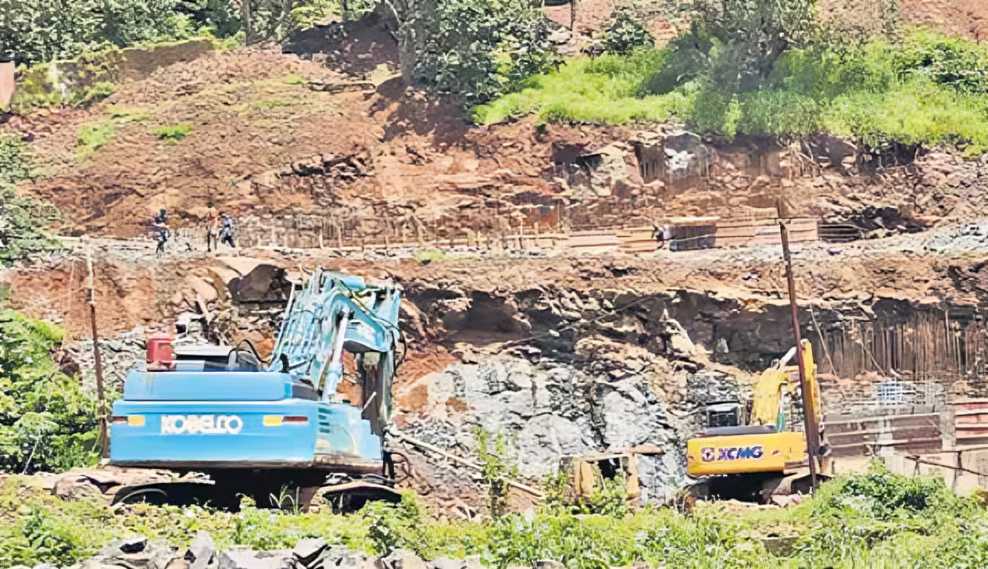September 30, 2025: The Brihanmumbai Municipal Corporation (BMC) has granted a 270-day extension for the Waste-to-Energy (WTE) project at the Deonar landfill, with commissioning now anticipated by mid-2026. The plant, once operational, will process 600 metric tonnes (MT) of waste daily and generate 8 MW of clean electricity, contributing to Mumbai’s sustainable waste management and energy goals.
Launched in June 2022 with a Rs 648-crore investment, the project aims to address the 2 crore MT of legacy waste at Deonar, Mumbai’s oldest landfill. The contract was awarded to M/s Chennai MSW Pvt. Ltd., encompassing a 40-month construction period and a 15-year operation and maintenance agreement.
In response to environmental concerns, the BMC revised the plan to double the plant’s capacity, enabling it to process 600 MT of fresh waste daily while generating 8 MW of electricity. The Maharashtra Pollution Control Board (MPCB) granted consent to establish the plant on September 11.
Pending environmental clearances led the contractor to request an extension, which was approved by Municipal Commissioner Bhushan Gagrani. “We can either sell the electricity generated at rates determined by the Maharashtra Electricity Regulatory Commission (MERC) or divert it for in-house use,” said a civic official.
Mumbai generates roughly 6,500 MT of waste daily, equivalent to a three-storey building. While Gorai and Mulund landfills have been closed under scientific waste management measures, Deonar’s 311-acre site remains heavily burdened. Currently, Kanjur Marg handles most of the city’s daily waste, with 10% still diverted to Deonar.
The project has faced scrutiny from the Comptroller and Auditor General (CAG) for poor monitoring and delays in securing statutory clearances, as noted in a 2023 audit report, highlighting challenges in implementing sustainable waste management infrastructure.
Source: The Free Press Journal





